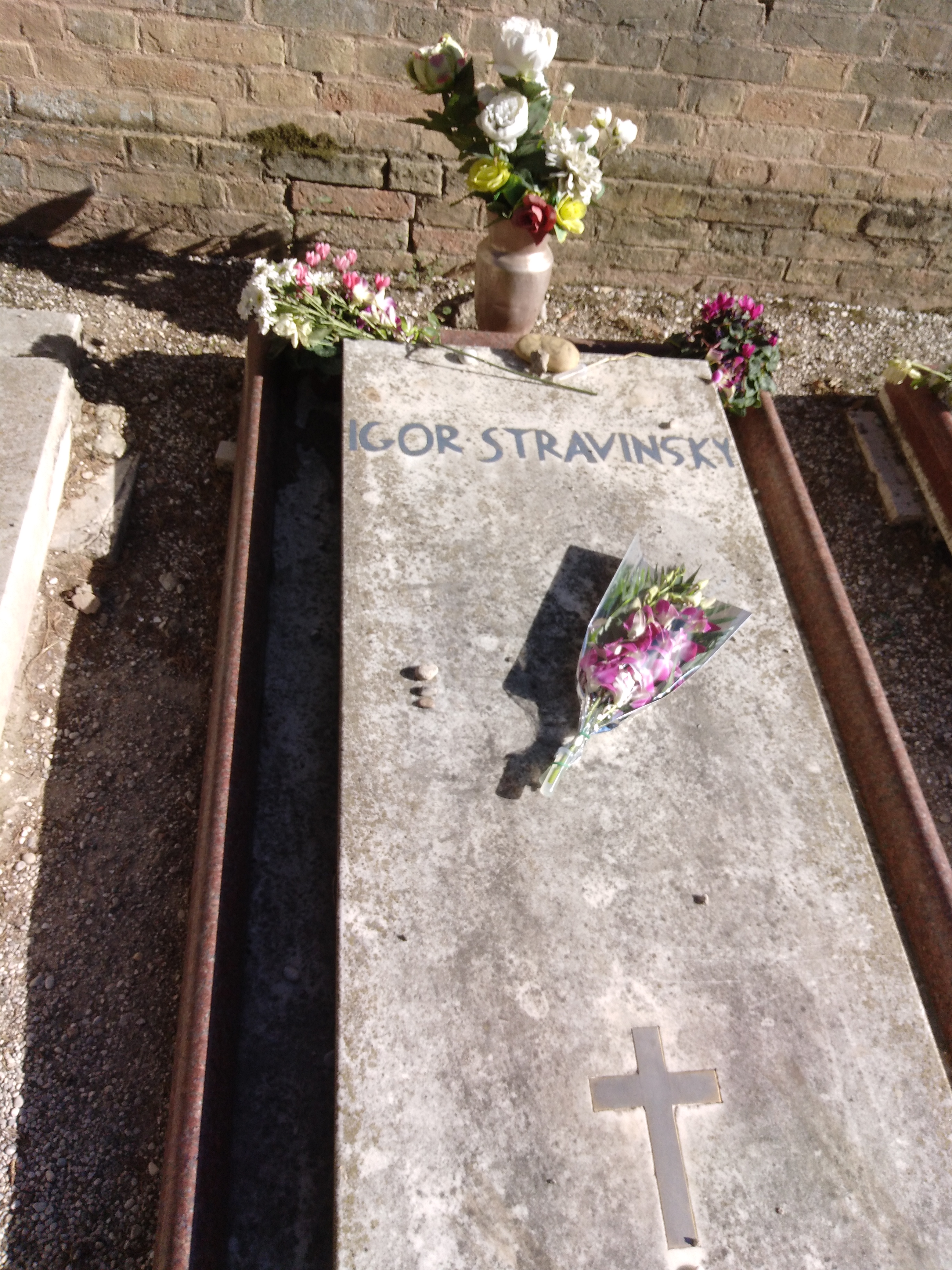Европейский "десант" русской музыки в начале XX века
Аннотация
Дягилевские «Русские сезоны» открыли для европейцев «Русский Gesamtkunstwerk», — бессловесный, зато живописный, музыкальный и пластичный вариант синестезии. Одновременно русский балет заявил о себе как проект, претендующий на «всемирную отзывчивость». Хореографический музыкальный театр не нуждался в переводе на другие национальные языки, а музыка представала как непереводимая на язык словесности или философии. Русский музыкальный авангард в «Русских сезонах» был представлен творчеством Игоря Стравинского и Сергея Прокофьева. Они привнесли в европейскую культуру «прививку» неевропейской «новизны» и доказали свою исключительную самобытность — содержательную и формальную. Стремясь дополнить русскую музыку европеизмом, они прибегали то к стилизации музыкальной классики, то к полистилистике, то к гротескно-иронической деконструкции музыкального прошлого, то к его карнавализации. Русские композиторы воспользовались атмосферой европейской свободы, чтобы продемонстрировать свои творческие возможности и музыкальное новаторство, не упрощая своего языка. Они так и не смогли до конца влиться в контекст музыкальной Европы, но, благодаря их исканиям, художественный горизонт Европы раздвинулся до всемирного масштаба.
Скачивания

